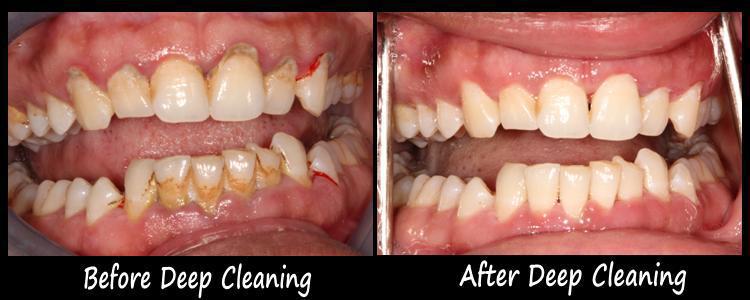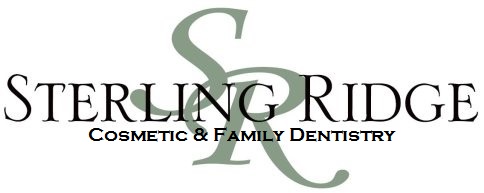“I Just Want a Regular Cleaning!”

The human body is a unique system that responds differently per individual, whether it may be a dental response or in some other part of the body. Just because one person goes years without dental care does not mean that the next person can do the same. This is why your preventive care appointments are so important. The preventive care appointments are designed for just that… prevention (this is the cleaning that most insurances cover). Even this prevention appointment can vary from patient to patient. In order for some patients to prevent oral disease their body requires more frequent cleanings, such as coming in every 3 months vs. the standard 6 months. The preventive cleanings remove soft plaque debris and light localized amounts of calculus (aka tartar) that is supragingival (above the gums). Some of these patients may have slight to severe gingivitis. If the gingivitis is more on the severe side, a slightly longer procedure may be required to catch the patient up to a healthier oral state. Gingivitis is reversible.
Now, what about the patient that has not been in for preventive care? For every year that is missed, multiply that by 2. If a patient hasn’t been in for preventive care in 5 years then that means they have missed roughly 10 cleanings. Imagine if you normally clean your car or bathroom once a week then you don’t do it for 10 weeks. There is going to be more to clean and possibly more to fix, right? In the oral cavity there can be over 600 different species of bacteria. Everyone will build up calculus at some point and at different rates. When calculus builds and bacteria accumulates the human body develops an immune response. Think of a splinter in your finger. If you leave it there the body will start an immune response to remove the foreign object. The area will begin to hurt, turn red and become inflamed until eventually the body pushes the splinter out, causing the area to heal. Visualize the calculus and bacteria on your tooth as the splinter. What happens? The gums will begin to hurt when touched, turn red, become inflamed and bleed easily. The only way your body can naturally heal itself is by removing the “splinter” that is attached to your teeth. The body will start to destroy its own bone and over time the teeth will fall out, with calculus and bacteria attached to them. You and your dental hygienist can work together to stop this from happening. A deep cleaning may be needed to remove the calculus and granulation tissue that has built up under the gums. These appointments can last anywhere from 1-2 hours per side and can be generalized or localized. The calculus has to be completely removed from the bottom of the periodontal pocketing to the top of the tooth. If only the calculus above the gumline is removed, as in a preventive cleaning, periodontal abscesses can develop and will cause continued bone loss and/or bad breath. In order to remove the calculus and granulation tissue some patients may require a numbing topical or injection to be more comfortable during the procedure. Once a patient develops periodontal disease, they will always have it. Periodontal disease is NOT reversible, once the bone loss has occurred, it cannot naturally grow back. In certain situations bone grafting can aid in “growing” bone back and stabilizing loose/compromised teeth. Periodontal maintenance appointments are required after deep cleanings to maintain the disease process and keep it stable. Periodontal disease can become active again if the maintenance appointments are not kept up. Deep cleanings are the first line of defense in treating periodontal disease. Some pateints may or may not require additional periodontal surgeries.
If you need a more extensive cleaning, whether it may be a severe gingivits treatment or deep cleaning don’t wait. We are here to help you. We want our patients to live long, happy and healthy lives. In order to do so health begins in the mouth. We are what we eat and we need our teeth to enjoy those healthy foods. If we don’t give our bodies what it needs and we eat soft, high carb foods then slowly over time we increase our risk for obesity, diabetes, high blood pressure, and other health problems. We love food here at Sterling Ridge Cosmetic and Family Dentistry and want to help our patients enjoy it too!
Here is a great link for all of my visual patients:


Leave a Reply
Want to join the discussion?Feel free to contribute!